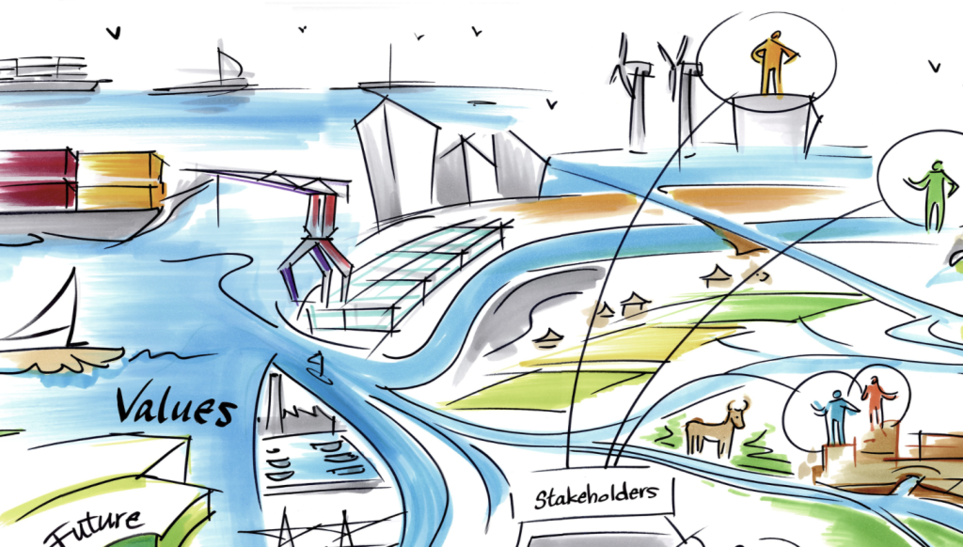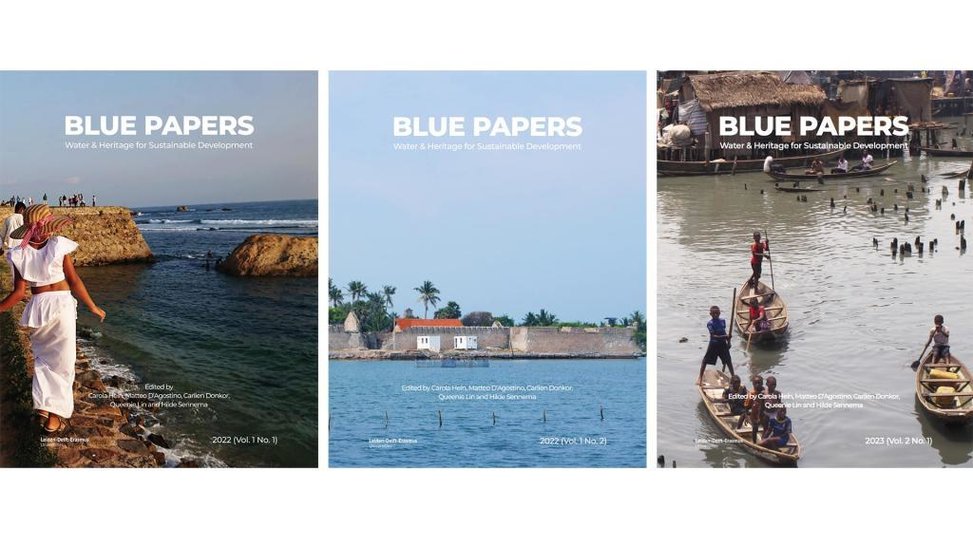Water and Heritage
Water in all its forms is key to human survival and well-being.
Humans have created intricate and ingenious solutions to survive and thrive in difficult and complex territories, and adapt to changes in social and environmental conditions. Remnants of past practices, structures and objects are still with us – in the built environment, in our institutions, in our ways of living and in our languages. Sometimes we call these objects and practices heritage, but more often they are so much a part of our everyday lives that we take them for granted.
As emphasized in the UNESCO Thematic Indicators for Culture in the 2030 Agenda,1 culture is an important part of the Goals and Targets of the 2030 United Nations’ Agenda for Sustainable Development. Stand-alone technological interventions cannot solve the complexities of the social, cultural and economic implications of climate change in the long term. New solutions require the engagement of local interested parties and local knowledge to address social and cultural dimensions of water and to create a new embedded water awareness in the built environment, in institutions and culture(s), so that we can preserve and protect our heritage, understand and learn from the past, and activate history and heritage for future sustainable and inclusive living.
The past can help build a new platform for awareness of water and heritage, which involves shared methodologies and terminologies, policies and tools that bridge disparate fields and disciplines. To achieve this, we also need to rethink the role of water in the UN Sustainable Development Goals (SDGs). Water is not fully captured in Goal 6: Ensure access to water and sanitation for all; it is also an integral and inseparable key to all SDGs that carry us forward to a more sustainable future.
Through conferences and events, such as for the UN 2023 Water conference in New York, exhibitions, publications including the open access peer-reviewed journal Blue Papers, a serious game Water Values, the MOOC Water Works and the Water Systems Design Professional Education course we aim to build awareness on water values.
Facts
| Funder: | MinIEnW |
| Programme: | Water and Heritage |
| Overall budget: | € 450.000,- |
| Grant amount: | € 450.000,- |
| Role TU Delft: | Lead partner |
| Project duration: | 2022-2024 |
| TU Delft researchers: | Prof.dr.ing. Carola Hein |
Project partners
ICOMOS ISC Water and Heritage, WaterNet, Witteveen&Bos

